The Pockit Computer Gets a Raspberry Pi CM4 Upgrade
The Pockit computer is a modular computer based on the ESP32 and STM32, which uses magnetic tiles to hot-swap sensors, screens, buttons, and various other peripherals. The original also had a slot for the Raspberry Pi Compute Module 3. The idea is far from the first modular computer, but from the very start this one has been sleek and impressive, with a lot happening between updates. The project designer, Anil Reddy, just put out an update video, and it's pretty incredible:
The big picture update is the incorporation of the Raspberry Pi Compute Module 4 (CM4), but there are a lot of core design principles that have been iterated over and improved upon. Perhaps the most impressive part of the demo - apart from the 80+ BLOCKS now available), is the reactive browser-based dashboard that automatically adds and removes blocks and their integrations.
There's now also support for AI accelerators, BLE and Zigbee, a whole plethora of buttons, switches, displays, LEDs, and even a thermal camera! The project is still under development with no timeline for release, but there will be a small number of early beta units available at some point in the future. For more information, head to the Pockit website.
The Ultimate Hacking Machine
Miniature modular computers are the peak of futuristic sci-fi hope. They are the real-life tricorders from Star Trek we've all been eagerly awaiting since childhood. They are also, unfortunately, almost all rubbish. Pockit seems, at least from a distance, to buck that trend. It's clear that the creator is passionate about not only expanding what Pockit can do - but doing it right. The addition of the Compute Module 4 is a big step, as the newer CM4 modules are powerful enough for general computing and even some edge-ai tasks.
It's also super inspiring from a Maker point of view. Pockit is essentially what happens if you combine an ESP32 development board with an STM32, and breadboard a bunch of awesome ideas, then turn it into a modular PCB design and iterate over it again and again. Instead of hitting the point where you settle on a design and move over to protoboard, Anil (Pockit's creator) decided to keep it completely modular and made it the central design choice from day one.
While Pockit is still a future dream, you can see for yourself how cool the project looks, and we probably won't have to wait quite so long for it as tricorders!
If you like stories from the Electrowire, you'll love the Electromaker Show, our weekly round-up of all things Maker and Embedded. Join us on YouTube or on all major podcast services.




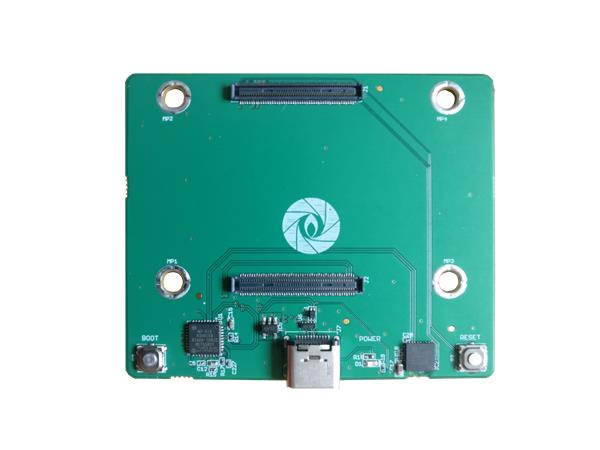
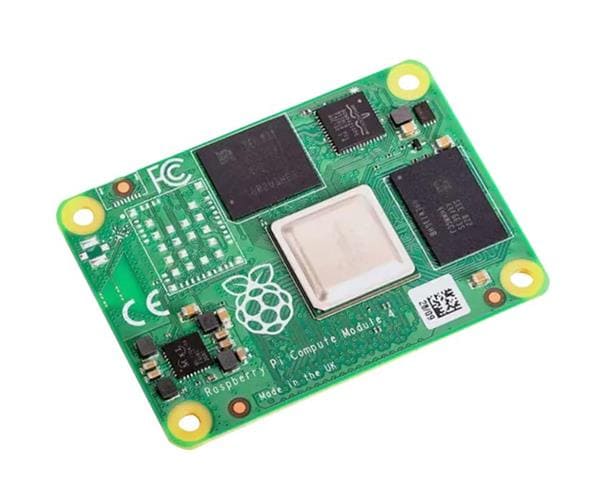
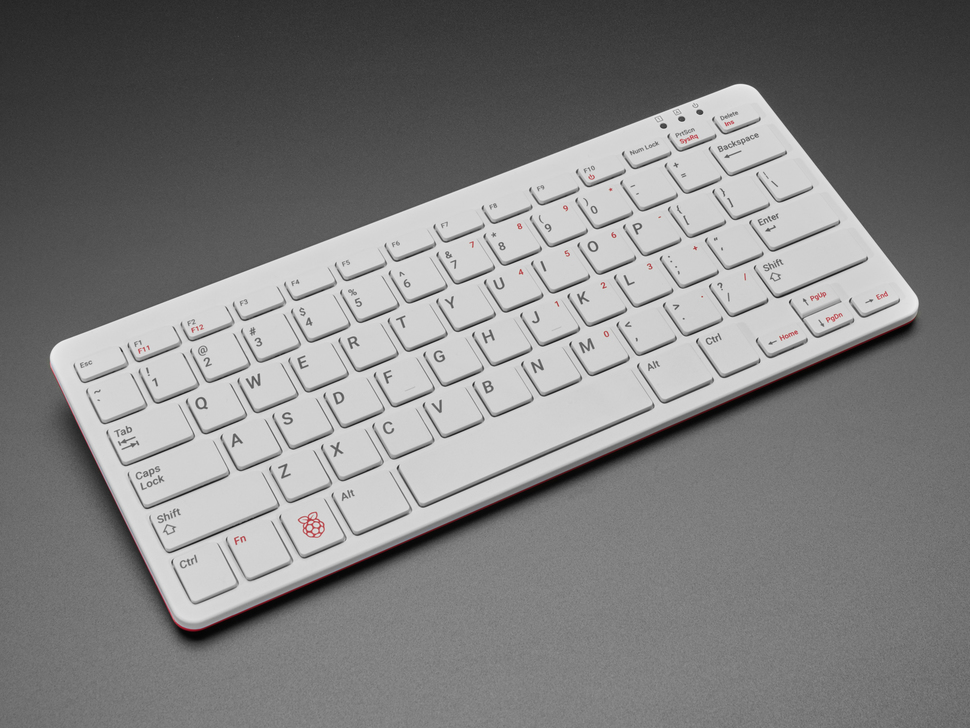
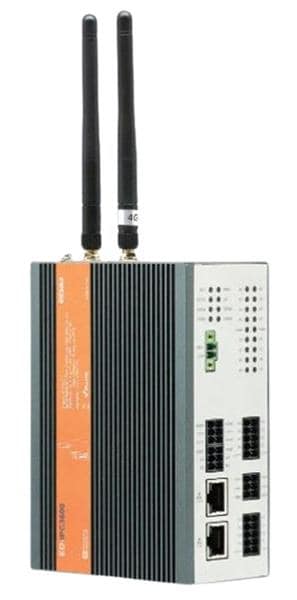

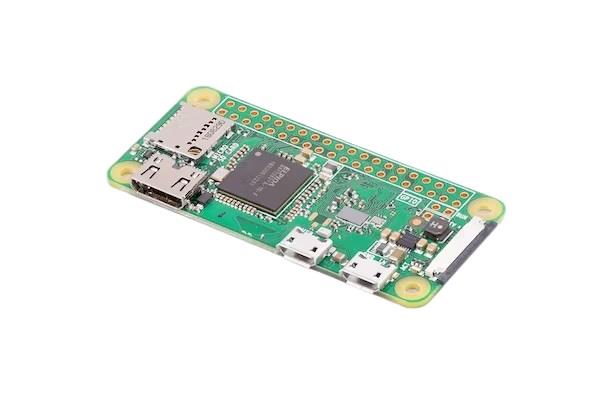

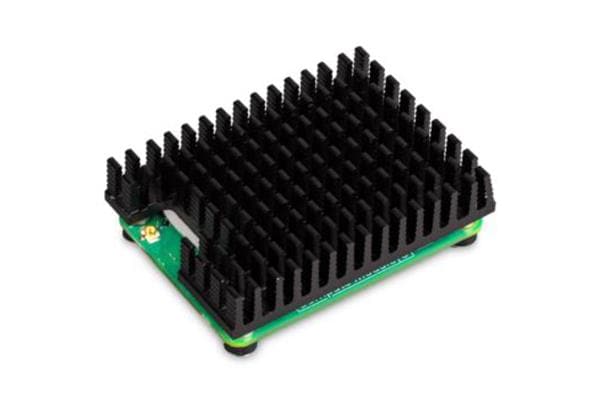
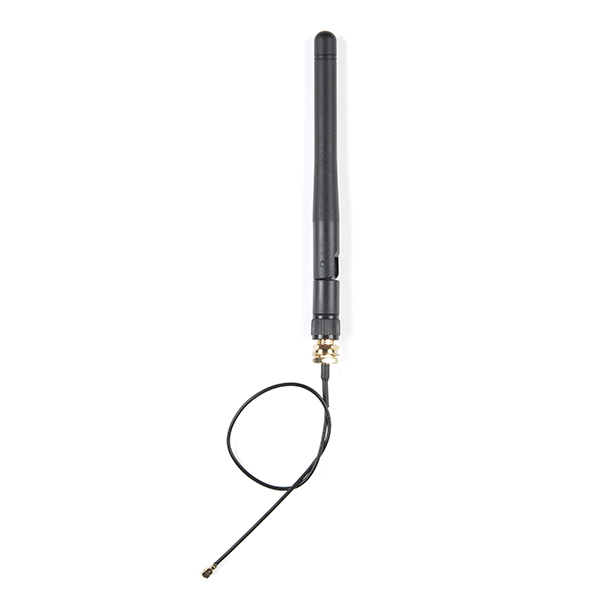
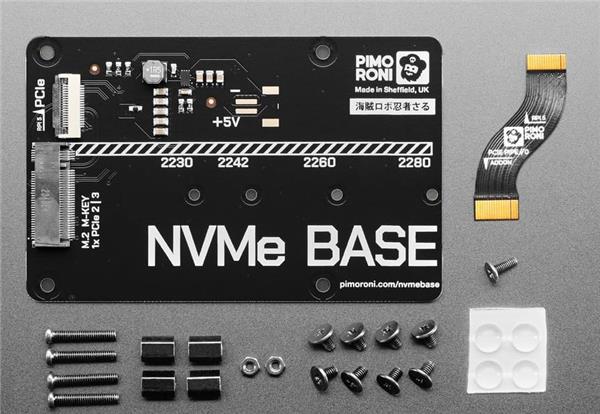
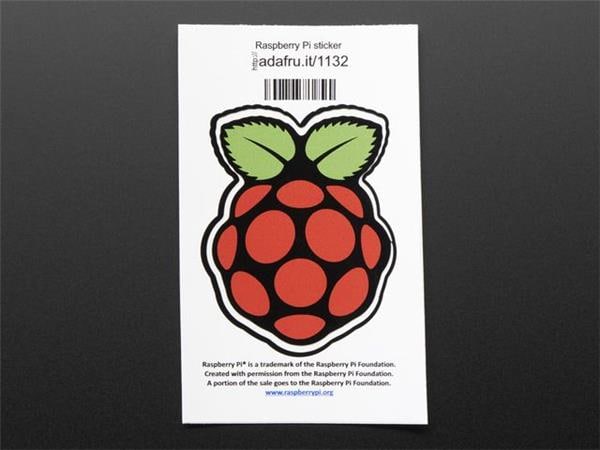
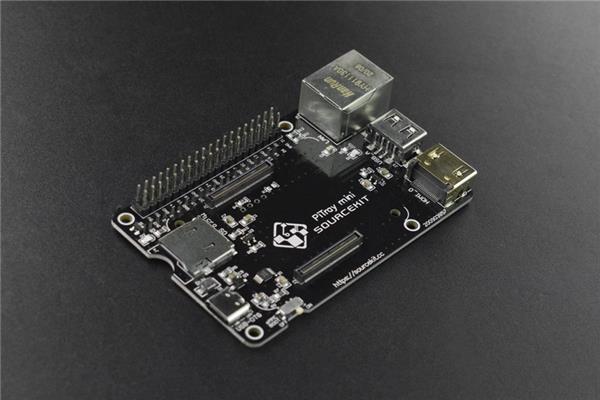
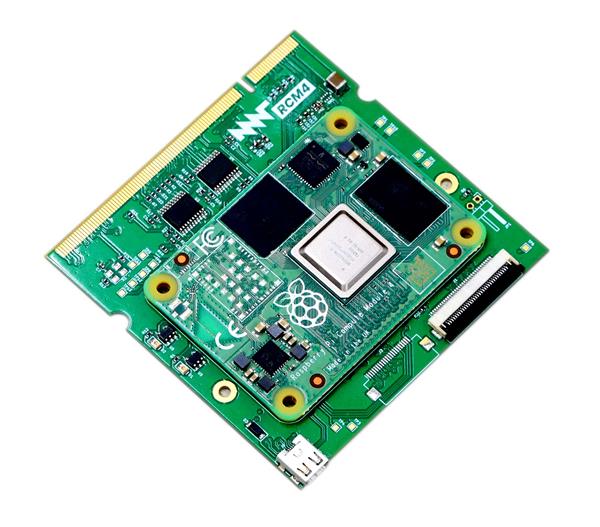
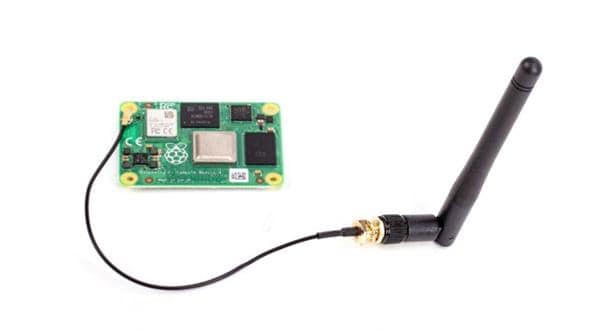


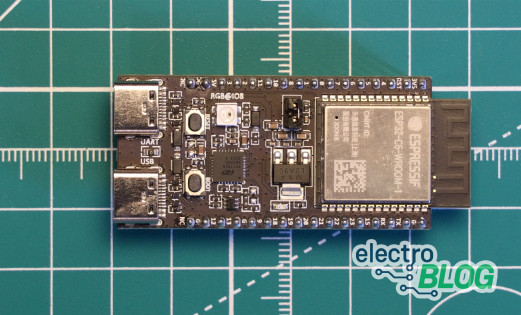
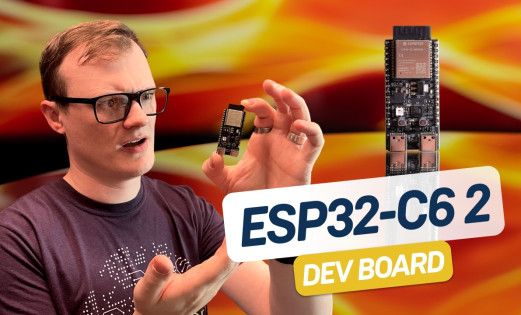
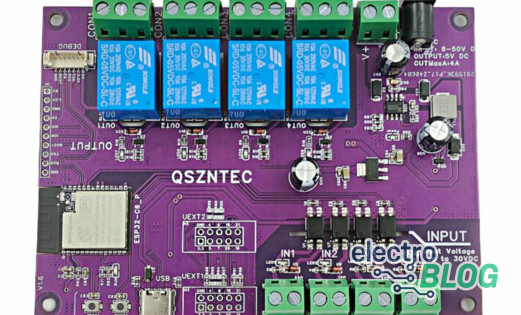
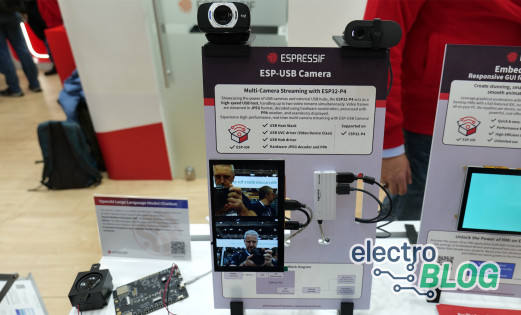
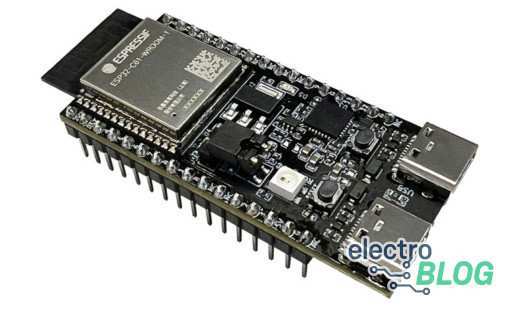
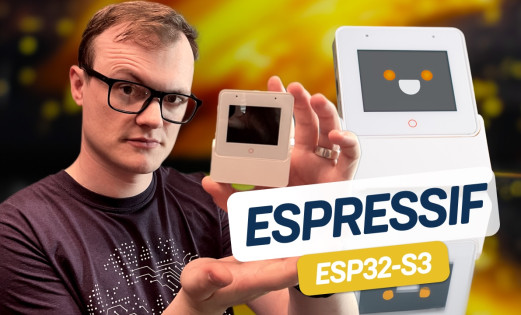

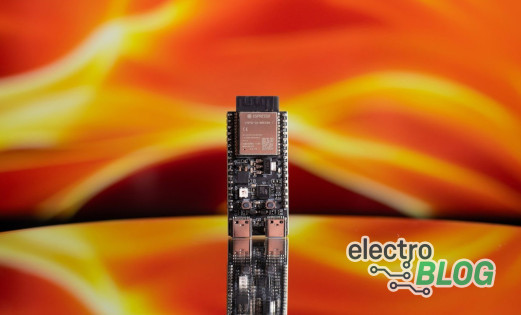

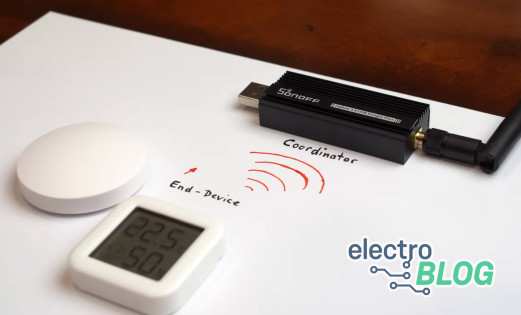
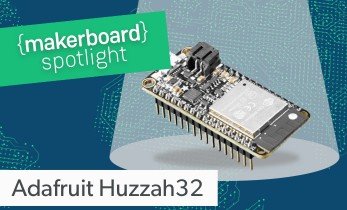

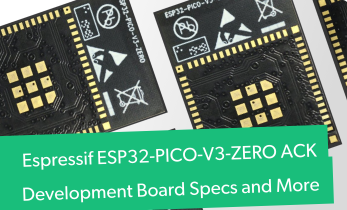
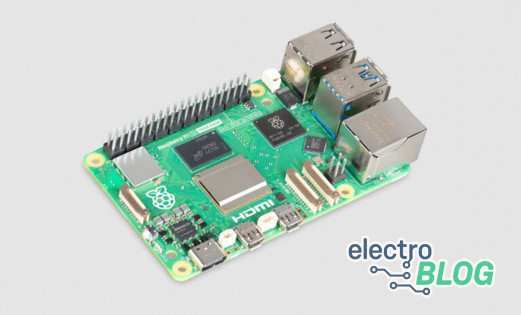

Leave your feedback...